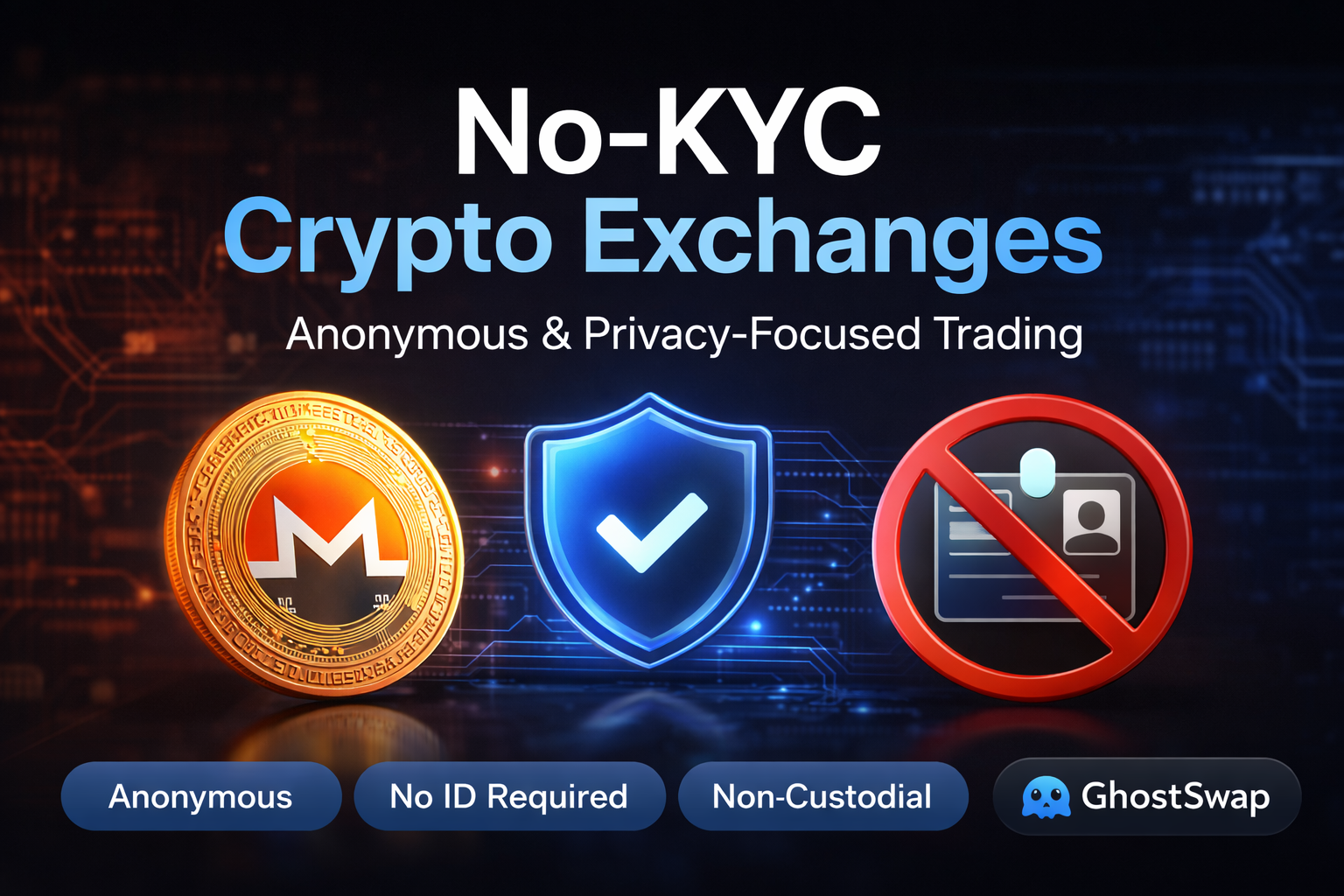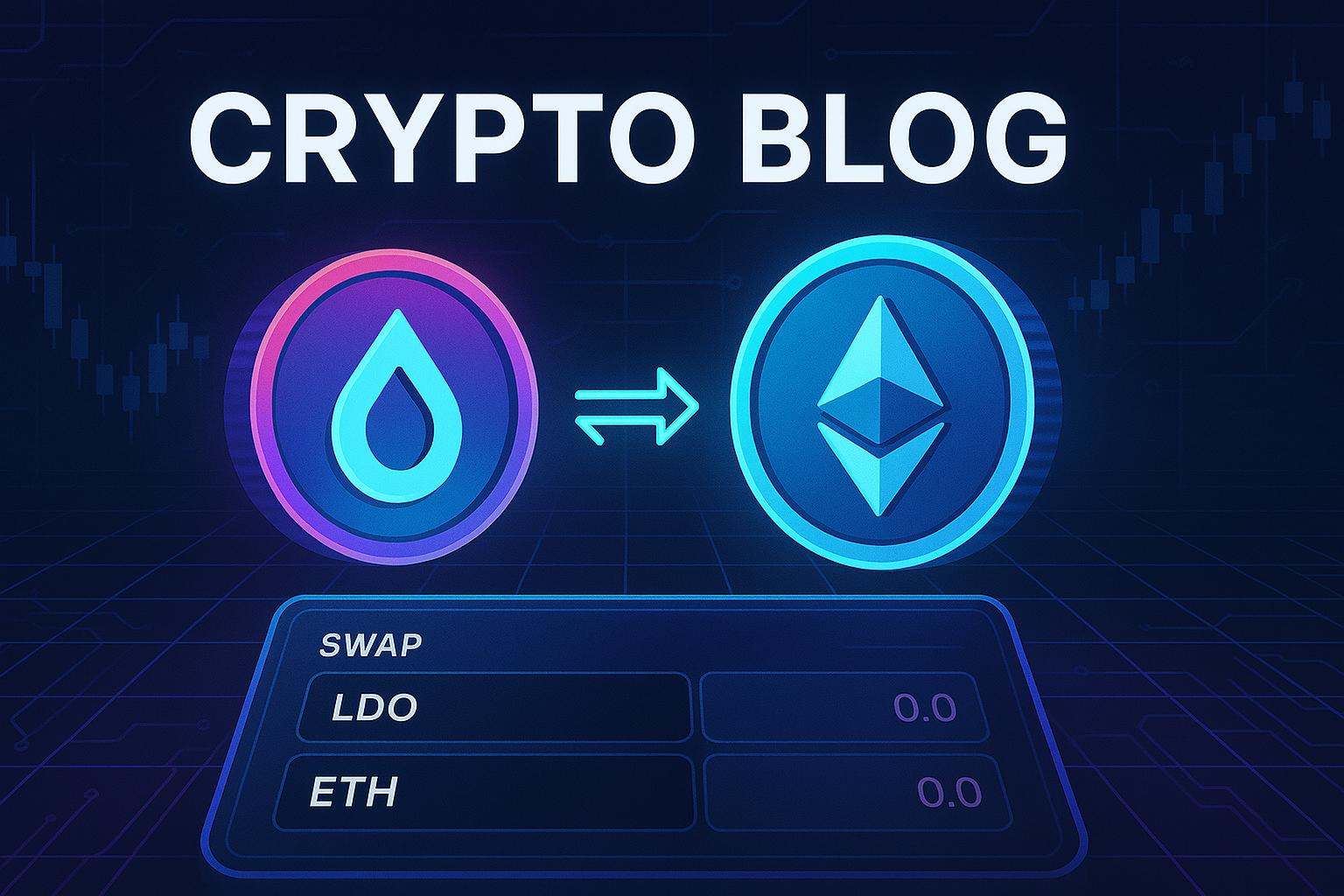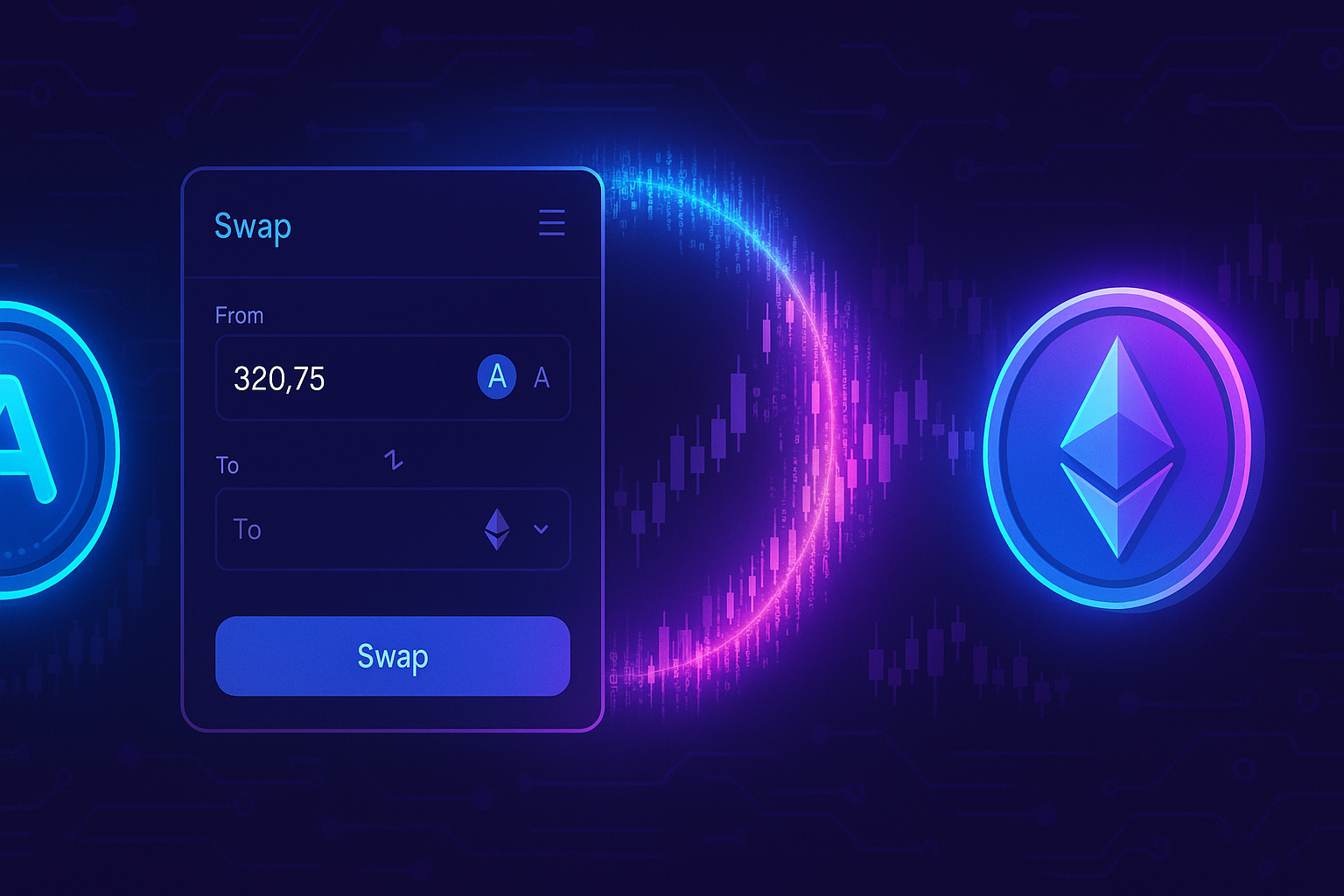In today’s digital currency world, there’s a big difference between being truly anonymous and merely pseudonymous. One keeps your identity completely hidden, while the other links your activity to an alias or persistent ID. For anyone serious about privacy, understanding this distinction is crucial. In this blog, we’ll explore the differences, explain why it matters for your security, and show how a privacy-firstcrypto swapping platform like GhostSwap makes anonymous exchange of crypto simple, fast, and secure.
What do we mean by “anonymous” vs. “pseudonymous”?
An anonymous exchange of crypto means you can trade without ever exposing your identity or personal data. No account, no KYC, no login, just you and your wallet. For example, a platform might let you swap coins cross‑chain simply by pasting your address and clicking exchange. That’s how the crypto swapping platform model works when privacy is king.
Pseudonymous crypto swaps, by contrast, tie your activity to a persistent ID or alias rather than your real identity. You may not reveal your name, but your wallet or account is trackable over time.
In practice, a crypto swapping platform that claims full privacy but logs wallet identifiers or IPs is pseudonymous more than truly anonymous.
In the context of anonymity, the design of a service like GhostSwap stands out: no account creation, no KYC, wallet‑to‑wallet settlement and full cross‑chain support.
Which should you choose — and why?

If you care about maximum privacy, want to avoid disclosing identity, and prefer simplicity, go down the anonymous route. A crypto swapping platform built for anonymity gives you comfort and control.
If you’re okay with a trade‑off for more features, analytics, and maybe a KYC later pseudonymous account might fit.
Here are some practical points to keep in mind:
- Security & Trust: If you use an anonymous exchange crypto service, check if it’s non‑custodial, provides transaction hash visibility, and supports many blockchains. GhostSwap ticks these boxes.
- Ease of Use vs Privacy: Features like order book trading or fiat on‑ramps may require pseudonymity. If you want quick swaps without fuss, a dedicated crypto swapping platform might be better.
- Regulation and future‑proofing: Anonymous exchange crypto is becoming more sought‑after as regulatory pressure increases.
- Operational readiness: For a private swap, you still need a compatible wallet, network fee awareness, and a fresh destination address.
- Tax/compliance: Even when your platform doesn’t know you, if you’re subject to taxes or legal jurisdictions, you still must comply. GhostSwap reminds users of this.
My two‑year content‑writer’s take
Having written dozens of pieces on privacy‑first crypto platforms, I’ve seen users mix up these terms. Many think “no login means full anonymity,” but without understanding wallet traceability or chain‑analysis risks, they may overestimate their privacy. A truly built‑for‑privacy crypto swapping platform is rare, so evaluate carefully.
The simplest anonymous platform for swaps, keep your wallet practices clean (use fresh addresses, avoid linking to KYC exchanges), and treat any pseudonymous platform as “less private, more feature‑rich.” That clarity matters.
Conclusion
Understanding the difference between anonymous and pseudonymous crypto swaps is key to protecting your privacy and controlling your digital assets. Anonymous exchange crypto ensures your identity stays fully hidden, while pseudonymous methods offer partial privacy under an alias. Choosing the right crypto swapping platform depends on your priorities whether it’s maximum privacy, convenience, or advanced trading features. For those who value security and simplicity, platforms like GhostSwap provide a truly privacy-first environment, letting you swap over 1,500 cryptocurrencies without accounts or KYC.
FAQs
Q1: What defines an anonymous exchange crypto platform?
A: It allows you to swap cryptocurrencies without any ID verification, account creation, or personal data collection. Just you, your wallet, and the coins.
Q2: How does pseudonymous crypto swapping differ?
A: You trade under an alias or persistent wallet ID; no real name, but your transactions are still linkable over time.
Q3: Can a crypto swapping platform support both models?
A: Some platforms let you trade anonymously for basic swaps and require verification for advanced features. It’s important to read terms carefully.
Q4: Is anonymous exchange crypto legal and safe?
A: Yes provided you follow your local tax and legal rules. Safety depends on platform design (non‑custodial funds, clear swap flows, strong reputation).





